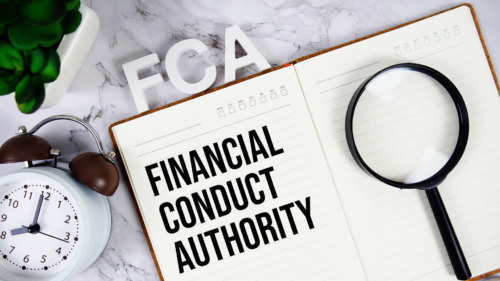EminiFX Founder Ordered to Repay $228.5M in Crypto Ponzi Case

- Eddy Alexandre and his platform EminiFX have been ordered to repay US$228.5M (AU$351.7M) to investors.
- An additional US$15M (AU$23.1M) in disgorgement has been imposed personally on Alexandre.
- The civil court ruling comes after Alexandre was sentenced to nine years in federal prison.
A New York federal judge has directed Eddy Alexandre, founder of the defunct EminiFX platform, to repay US$228.5 million (AU$351.7 million) to investors defrauded in a large-scale crypto Ponzi scheme. The court ruling follows Alexandre’s nine-year prison sentence for his role in the fraudulent operation.
The US Commodity Futures Trading Commission (CFTC) had sought summary judgment in its civil enforcement action, which US District Judge Valerie Caproni granted on Tuesday, determining that Alexandre failed to challenge the allegations of fraud.
The judge ordered Alexandre and EminiFX to jointly pay restitution and added US$15 million (AU$23.1 million) in disgorgement, with any restitution payments offsetting the disgorgement amount.
Related: CFTC to Refocus on Fraud, Major Shift Away From ‘Regulation by Enforcement’
What Went Wrong at EminiFX
EminiFX, launched in 2021, attracted over 25,000 investors in under a year, soliciting more than US$262 million (AU$403.4 million). The platform promised weekly returns of 5% to 9.99% through a so-called “Robo-Advisor Assisted Account” that allegedly used automated crypto and forex trading strategies.
In reality, EminiFX recorded net losses of approximately US$49 million (AU$75.5 million) during its eight months of operation, and returns paid to investors were funded by incoming contributions from new participants, a hallmark of Ponzi schemes.
Investigators found that Alexandre diverted at least US$15 million (AU$23.1 million) for personal expenses, including luxury vehicles, credit card bills, and cash withdrawals. US Attorney Damian Williams previously described Alexandre’s conduct as “brazen”, noting he exploited trust within his church and the Haitian community to recruit investors.
An equity receiver appointed by the court has overseen asset recovery, with distributions to defrauded investors beginning in January 2025. Legal experts emphasise that high-tech labels such as crypto or AI do not shield investors from fraud, highlighting the importance of rigorous verification and investor education.
The case underscores a growing trend of crypto-related scams, with blockchain security firm CertiK reporting US$2.47 billion (AU$3.8 billion) in losses from hacks, scams, and exploits during the first half of 2025.
Related: GreedyBear Hackers Steal $1M Using Malicious Firefox Extensions






